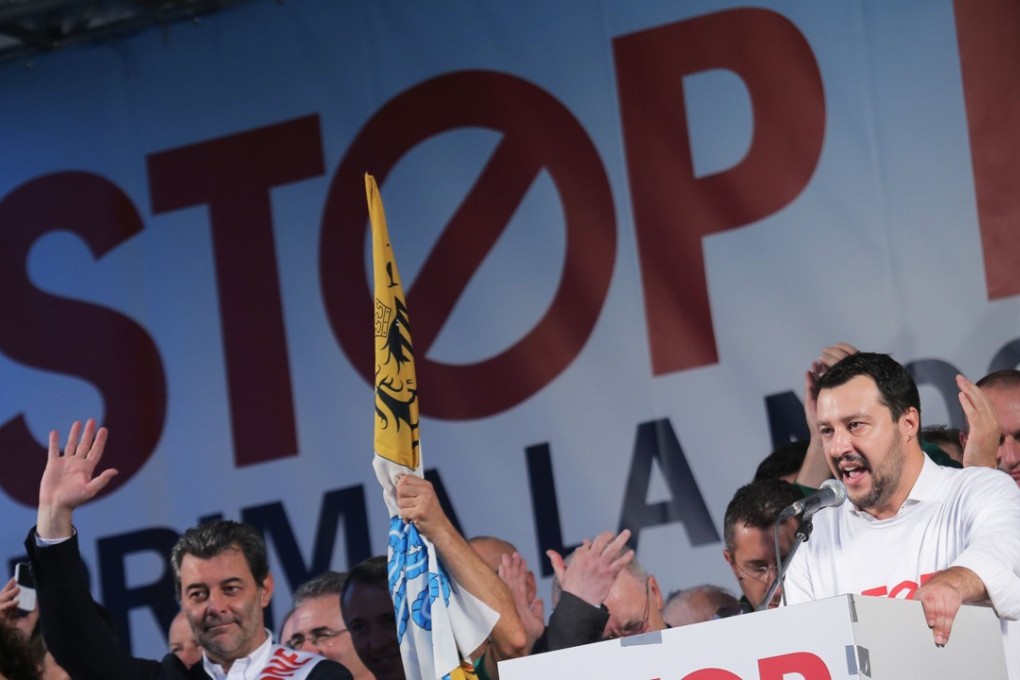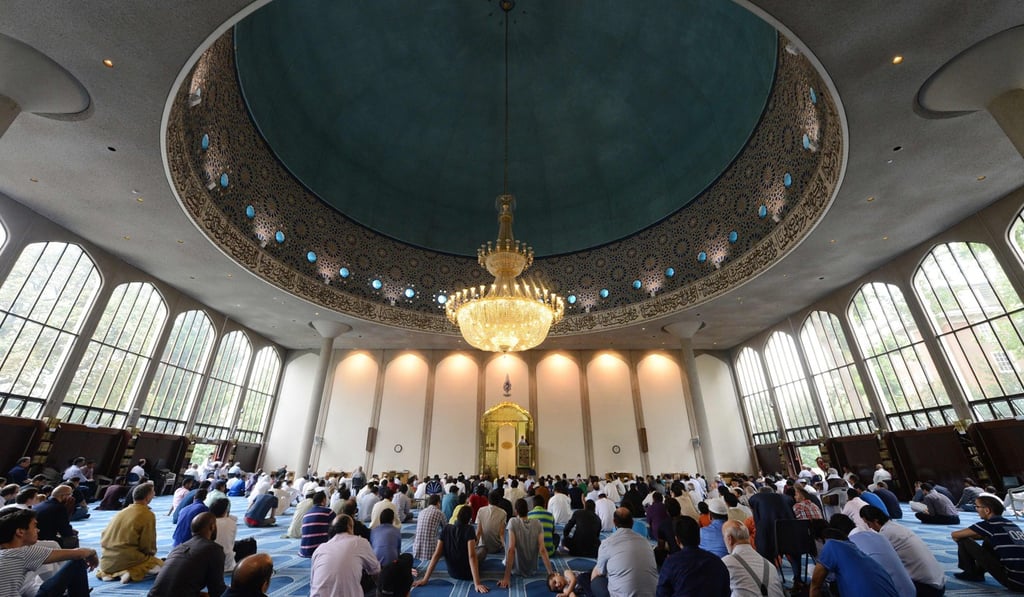Advertisement
Opinion | Immigrant overload, not Brexit, heralds the end of the European Union
Niall Ferguson says Europe is becoming ‘the meltdown pot’ as a steadily increasing stream of immigrants breaks down political unity between EU member states and pushes voters back to national boundaries
Reading Time:4 minutes
Why you can trust SCMP
0

Israel Zangwill’s play The Melting Pot, first staged in Washington in October 1908, celebrates the United States as a giant crucible fusing together a single people.
It is rather hard to imagine a similar play being written about the European Union in the early 21st century. The influx of migrants would have precisely the opposite effect. Far from leading to fusion, Europe's migration crisis is leading to fission.
Increasingly, I believe that the issue of migration will be seen by future historians as the fatal solvent of the EU. In 2016 alone, an estimated 2.4 million migrants came to the 28 EU member states from non-EU countries, taking the total foreign-born population of the union up to 36.9 million, more than 7 per cent of the total.
This may be just the beginning. According to economists Gordon Hanson and Craig McIntosh, “the number of African-born first-generation migrants aged 15 to 64 outside Sub-Saharan Africa [will] grow from 4.6 million to 13.4 million between 2010 and 2050". The great majority of these will surely head to Europe.
Continental Europe's population is ageing and shrinking, but European labour markets have a poor record when it comes to integrating unskilled migrants. Moreover, a large proportion of Europe's immigrants are Muslims. Liberals insist that it should be possible for Christians and Muslims to coexist peacefully in a secular, post-Christian Europe. In practice, the combination of historically rooted suspicions and modern divergences in attitudes – notably the status and role of women – is making assimilation difficult.

Advertisement
